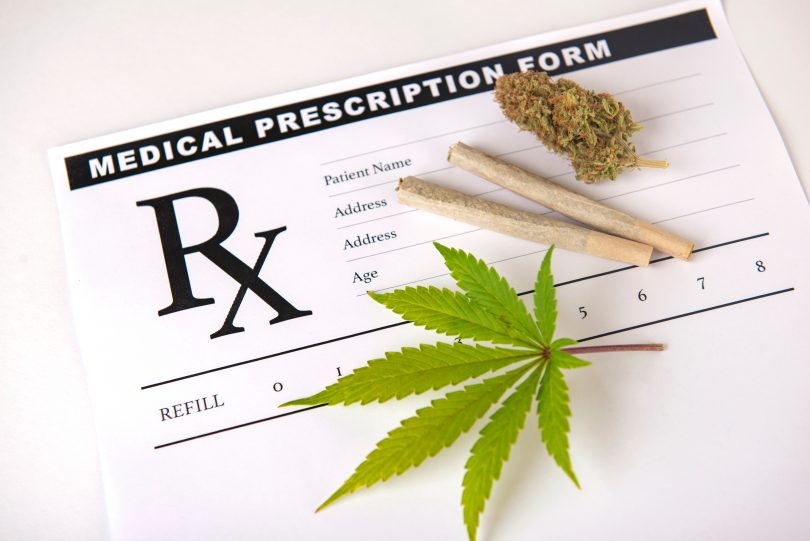New research suggesting 1.4 million people in the U.K. use street cannabis to treat medical conditions has been questioned by one of the country’s leading experts.
The findings are revealed in a survey by pollsters YouGov for the Centre for Medicinal Cannabis (CMC) and its spin-off organisation CPASS. It finds that 56% of those using cannabis for their medical conditions did so on a daily basis, with a further 23% on a weekly basis – all in the U.K.
Some 44% spend up to £99 per month, with a further 21% spending between £100 and £199, and around 9%, seemingly, growing their own.
Before reading on, don’t forget to subscribe to the CBD Business Weekly newsletter, below:
A ‘Pinch Of Salt’
However Ian Hamilton, a Senior Lecturer in Addiction and Mental Health at York University, speaking at a the Global Cannabis Institute Conference in London last week questioned the findings.
Pointing to the overall decline in cannabis use in the U.K over the last decade-or-so he said he would take these finding with a ‘pinch of salt’. Mr Hamilton explained how the number of people, using cannabis in the U.K. had fallen from over 5% of the population to around 3% in the last ten years.
However he went on to say the the number of users, who are now presenting themselves for medical help with their cannabis use had risen over that time.
He said: “Overall cannabis use is declining, and most people grow out of using cannabis, as they mature, into their thirties.” He highlighted how the strength and potency of street cannabis had increased over the last few decades.
Social Harm
He said in many instances this could lead to social harm as the implications for many users are in relation to a loss of impulse control, which can plunge their families into debt.
Highlighting last year’s legal changes allowing for the prescription of medical cannabis he said the U.K. was developing a two-tier system leaving it out of the reach for this on lower incomes.
He went on to say the U.K. tradition of mixing cannabis with tobacco is uncommon elsewhere and decoupling the two could make a significant contribution to country’s health. In a press release the CMC said that previous research estimated somewhere between 50,000 and 1.1 million people in the UK use cannabis for its health benefits.
It said its 1.4m figure ‘accurately identify the incidence of street-available cannabis use for medical intent amongst the general population in England, Wales and Scotland’. It will release further drawls on these finding in the coming weeks, it said.
Dr Daniel Couch, Medical Lead, Centre for Medicinal Cannabis, said: ”For the first time we have reliable, representative data regarding the number of people in Britain using cannabis as a medicine. The findings are astounding and present a national challenge. We urgently require robust clinical evidence to evaluate the safety and efficacy of cannabinoid medicines.”
For more stories like this one, subscribe to the CBD Business Weekly newsletter.










More complete tosh and overclaiming from the CMC.
In 2011, CLEAR commissioned a survey from the Independent Drug Monitoring Group (IDMU). Using a unique blend of government data and on-the-ground surveys carried out at festivals, night clubs, sports grounds, music venues, etc., it established a figure of 3 million regular (at least once per month) consumers of cannabis.
The following year, CLEAR conducted a survey of its follower base which at that time was around 500,000. The very clear conclusion from that was that about one in three consumers claimed to be using at least in part for medical reasons. This established a reasonable estimate that one milion people were using cannabis at least in part for medical reasons.
We shared this data with the APPG for Drug Policy Reform and few years later when the End Our Pain campaign started we shared it with them. Ever since it has been used as an authoritative, evidence-based estimate of the number of people in Britain using cannabis as a medicine by virtually any source you care to mention..
Ever since we have regularly consulted with IDMU over whether we should repeat the original study. Their advice has been that the government has stopped collecting much of the data it used to and that in any case, the figures are unlilkely to have changed significantly.
Manifestly the figure is accurate as confirmed by the YouGov survey. We made this data widely and freely available six years ago.